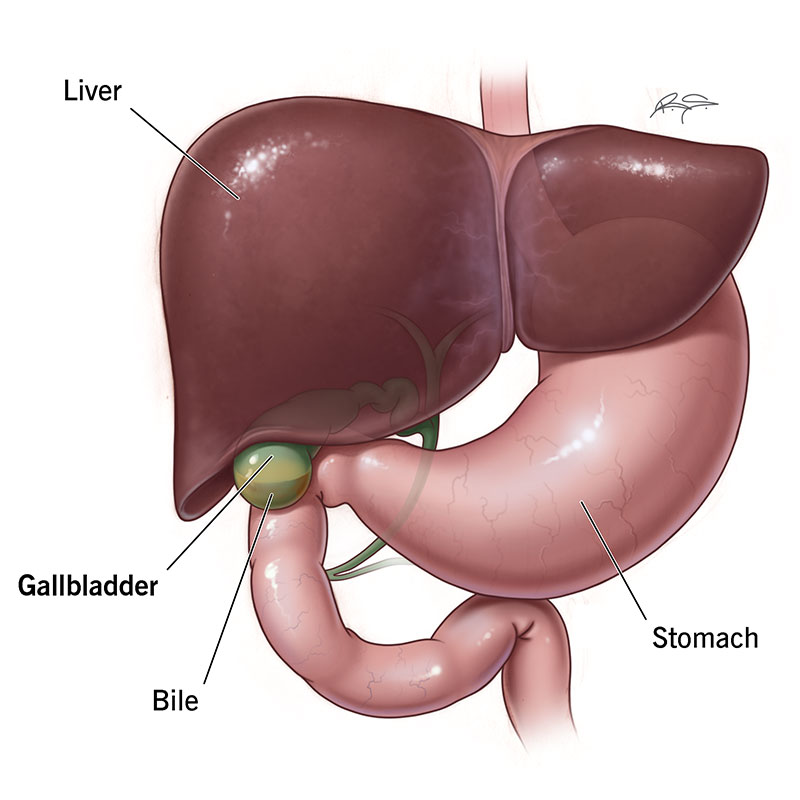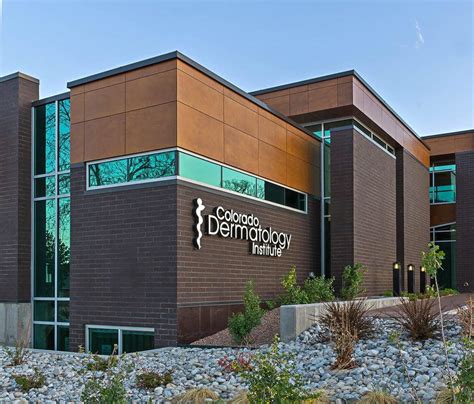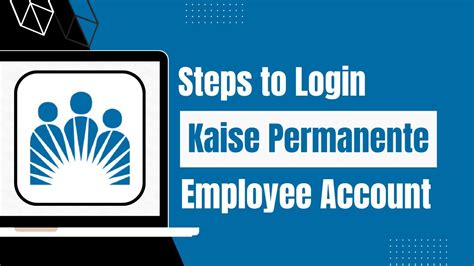Gallbladder Surgery: Heal Quickly With Expert Tips

The gallbladder, a small, pear-shaped organ located under the liver, plays a crucial role in digesting fats and storing bile. However, when it becomes inflamed or infected, surgical intervention may be necessary. Gallbladder surgery, also known as cholecystectomy, is a common procedure that involves removing the gallbladder. While the surgery is generally safe, the recovery process can be challenging. In this article, we will explore expert tips to help you heal quickly and minimize the risk of complications after gallbladder surgery.
Understanding the Procedure
Before we dive into the recovery process, it’s essential to understand the different types of gallbladder surgery. The most common procedure is laparoscopic cholecystectomy, which involves making small incisions in the abdomen to insert a laparoscope and surgical instruments. This minimally invasive approach typically results in less pain, scarring, and recovery time compared to open cholecystectomy, which requires a larger incision.
Preparation is Key
A smooth recovery starts with proper preparation. Before surgery, your doctor will provide instructions on how to prepare, including:
- Fasting for a certain period to prevent digestion during surgery
- Stopping certain medications that may increase the risk of bleeding
- Arranging for someone to drive you home after surgery and stay with you for a few days
It’s crucial to follow these instructions carefully to minimize the risk of complications.
Post-Surgery Recovery
After surgery, you can expect to spend some time in the recovery room, where medical staff will monitor your vital signs and manage any pain or discomfort. Once you’re stable, you’ll be discharged from the hospital, and your recovery journey will begin.
Here are some expert tips to help you heal quickly:
- Rest and Relaxation: Avoid strenuous activities, such as heavy lifting, bending, or exercise, for at least a week after surgery. Resting will help your body recover from the trauma of surgery.
- Pain Management: Follow your doctor’s instructions for pain medication, and take it as directed. You can also use alternative methods, such as deep breathing, meditation, or heat therapy, to manage pain and discomfort.
- Diet and Nutrition: A healthy diet rich in fruits, vegetables, whole grains, and lean proteins will help your body recover. Avoid fatty, greasy, or spicy foods that can trigger digestive issues.
- Hydration: Drink plenty of water to help flush out your system and prevent constipation.
- Wound Care: Keep your incision site clean and dry, and follow your doctor’s instructions for dressing changes and wound care.
Common Complications and How to Manage Them
While rare, complications can occur after gallbladder surgery. Here are some common issues and how to manage them:
- Infection: Monitor your temperature, and watch for signs of infection, such as redness, swelling, or discharge from the incision site. If you suspect an infection, contact your doctor immediately.
- Bleeding: If you experience heavy bleeding or clotting, seek medical attention right away.
- Bowel Issues: Constipation or diarrhea can occur after surgery. To manage bowel issues, increase your fiber intake, stay hydrated, and consider taking a stool softener or laxative as directed by your doctor.
Returning to Normal Activities
As you recover, you’ll gradually return to your normal activities. Here’s a general timeline:
- 1-2 weeks: Avoid heavy lifting, bending, or strenuous exercise.
- 2-4 weeks: Gradually increase your physical activity, such as walking or light stretching.
- 4-6 weeks: Return to your normal routine, including work, exercise, and social activities.
Conclusion
Gallbladder surgery can be a life-changing experience, but with proper preparation, care, and attention, you can recover quickly and minimize the risk of complications. Remember to follow your doctor’s instructions, take it easy, and prioritize your health and well-being. By doing so, you’ll be back to your normal activities in no time.
How long does it take to recover from gallbladder surgery?
+Recovery time varies from person to person, but most people can return to their normal activities within 4-6 weeks after surgery. However, it's essential to follow your doctor's instructions and take it easy to ensure a smooth recovery.
What are the risks and complications of gallbladder surgery?
+While rare, complications can occur, including infection, bleeding, and bowel issues. It's essential to monitor your condition and seek medical attention if you experience any unusual symptoms or concerns.
Can I eat normally after gallbladder surgery?
+Yes, you can eat normally after gallbladder surgery, but it's essential to follow a healthy diet rich in fruits, vegetables, whole grains, and lean proteins. Avoid fatty, greasy, or spicy foods that can trigger digestive issues.
By following these expert tips and guidelines, you’ll be well on your way to a smooth and successful recovery from gallbladder surgery. Remember to prioritize your health and well-being, and don’t hesitate to reach out to your doctor if you have any concerns or questions.


